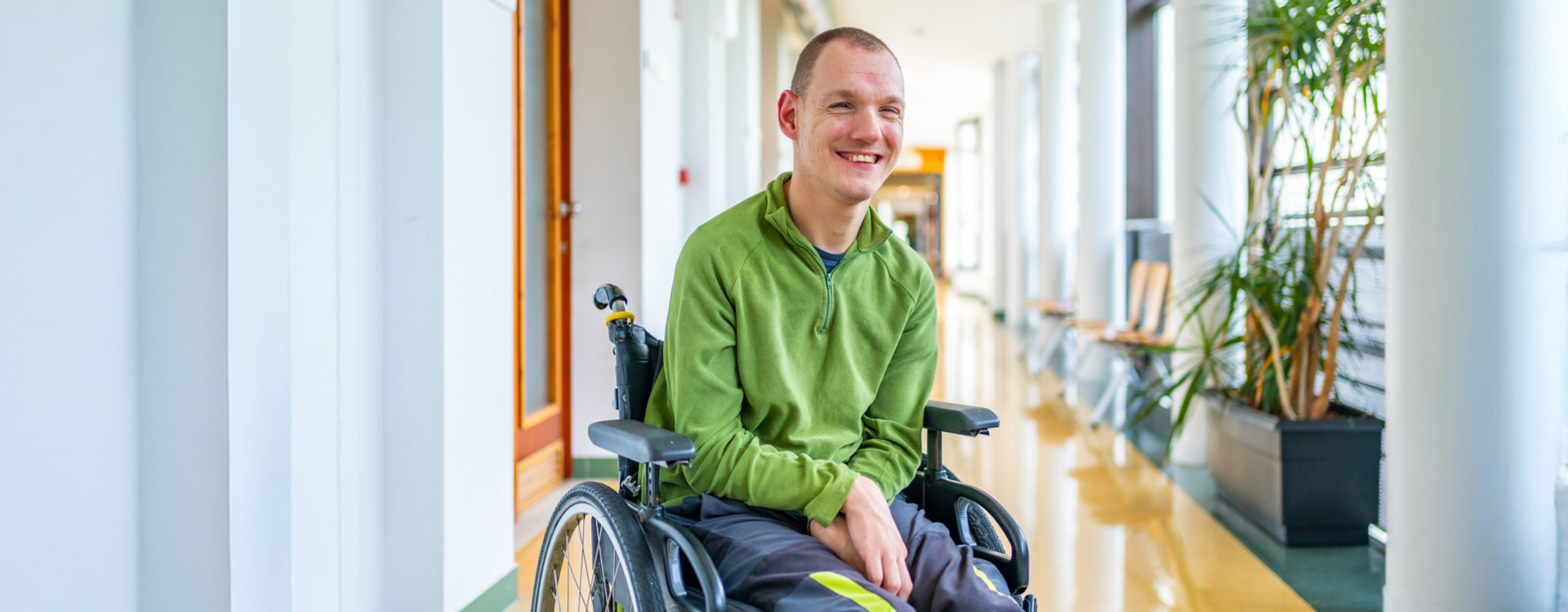Daylight saving time in the spring—when we “spring forward” one hour—can negatively impact your sleep, energy, mood and overall health. Losing an hour of sleep disrupts your circadian rhythm, which is your body’s 24-hour internal clock (also called a sleep/wake cycle). Your circadian rhythm tells your body when to be alert or tired throughout the day.
Why is it Hard to Adjust to Daylight Saving Time?
A circadian rhythm disruption—like you may experience when you turn your clocks forward—can leave you grumpy, groggy and unfocused. These side effects can be even more pronounced if you’re already sleep-deprived. Even worse, some studies have found that heart attacks and fatal car accidents slightly increased after daylight saving time in the spring.
How Sleep Impacts Heart Health
Good sleep is crucial for good health, especially heart health. Studies show that adults who get less than seven hours of sleep nightly are at increased risk of:
- Heart attack
- High blood pressure
- Type 2 diabetes
- Obesity
- Depression
- Asthma
How to Adjust to Daylight Saving Time
Try these tips to protect your heart health and adjust to the time change:
Schedule an earlier bedtime. Hit the hay 15 to 30 minutes earlier every night for a week before daylight saving time. Getting extra sleep will help offset the hour you lose and make the transition less intense. Aim for seven to nine hours of sleep per night.
Avoid alcohol and coffee before bed. For better sleep, avoid coffee or alcohol within four to six hours of bedtime. Alcohol may make you sleepy at first, but it ultimately impacts the quality of your sleep, leaving you feeling groggy the next day.
Watch your mealtimes. Avoid eating a large meal within a few hours of bedtime. Food high in sugar and fat can be particularly disruptive to sleep.
Maintain a healthy routine. A solid routine of eating nourishing meals, exercising regularly, practicing stress management and getting enough sleep will support your energy levels and overall health. Try to go to bed and wake up around the same time each day, even on the weekends.
Start your day with sunlight. The mornings will be lighter after springing forward, so step outside first thing for some sunshine. Exposure to sunlight will signal to your brain that it’s time to wake up.
Resist the urge to take long laps. When you’re tired, it can be tempting to indulge in a long nap at lunch or after work. However, sleeping for too long during the day will negatively impact your nighttime sleep. If you must nap, do so earlier in the day and limit it to 20 minutes or less.
Create a sleep-friendly bedroom. Invest in a high-quality mattress and pillow, install blackout curtains or shades, play a white noise machine or app, and keep the room temperature cool.
Wind down before bed. Thirty minutes to an hour before bed, turn off electronic devices, like your smartphone, computer, TV or tablet. Instead, follow a relaxing wind-down routine with activities like light stretching, journaling, meditating, reading or taking a bath.
Be patient with yourself. If you try these tips and still feel tired after losing an hour of sleep, don’t beat yourself up—it’ll add unnecessary stress to your life. Prioritize taking good care of yourself and recognize why you feel sleepier than usual.
If you consistently have trouble sleeping or feel tired, talk to your primary care provider. Find a provider near you.





